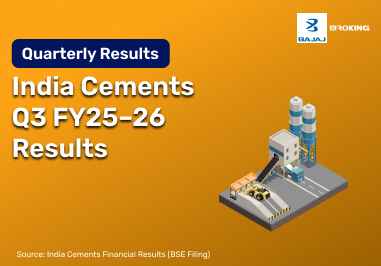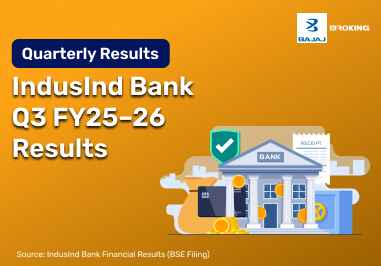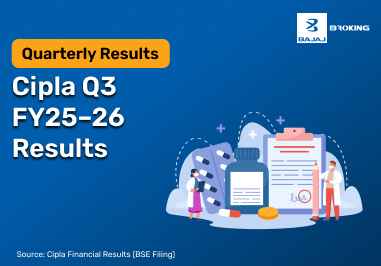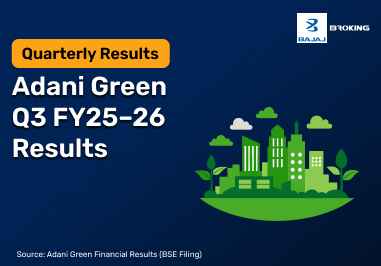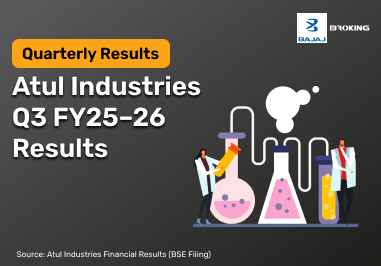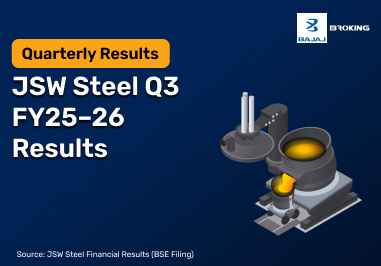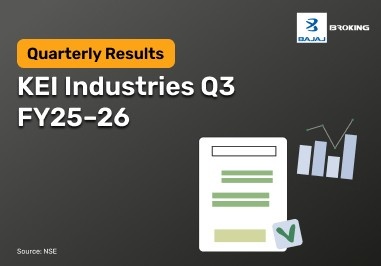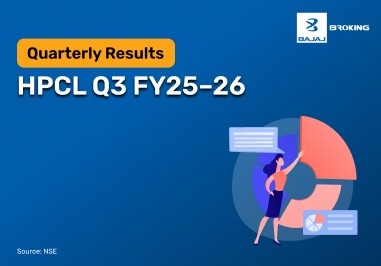In 2026, the comparison between TCS vs Infosys is still highly relevant. Both companies are leaders in IT services, working with clients across the globe. TCS is seen as stable and dependable, while Infosys is admired for its agility and focus on innovation. In this blog, we break down how these companies perform in key areas—like revenue, global reach, work culture, and strategy.
This comparison is based on publicly available disclosures filed by both companies with NSE and BSE
TCS vs Infosys: Who’s Winning the IT Leadership Battle?
As per quarterly results filed with stock exchanges for Q4 FY25, TCS reported revenue of ₹64,479 crore and net profit of ₹12,224 crore.
Infosys reported revenue of ₹40,925 crore and net profit of ₹7,033 crore for Q4 FY25, as per exchange filings. But its net profit dropped by 11.75% to ₹7,033 crore. While Infosys reported faster revenue growth, TCS reported higher profit levels during the same period. Both companies are handling global challenges but remain leading choices in IT services.
TCS and Infosys Overview
Tata Consultancy Services (TCS), part of the Tata Group, was established in 1968. It now has operations in more than 55 countries and employs about 5.9 lakh people. Infosys, launched in 1981 and based in Bengaluru, has over 3.2 lakh employees across 50 countries.
TCS is bigger in size and scale, while Infosys is known for adapting quickly to new technologies. Both are listed on the NSE and BSE and are major players in indices like NIFTY 50 and Sensex. Their size, approach, and focus areas are different, which sets the stage for healthy competition.
1. Financials Compared: Which Company Earns More?
Here’s how TCS and Infosys performed in Q4 FY25:
TCS Financials:
Revenue: ₹64,479 crore
Net Profit: ₹12,224 crore
Year-on-Year Revenue Growth: 5.29%
Market Capitalisation: ₹12.25 lakh crore
Infosys Financials:
Market capitalisation figures are indicative and based on NSE and BSE data available during FY25–FY26.
Key Takeaways:
TCS has a stronger profit margin and a larger market cap.
Infosys is growing faster in terms of revenue.
TCS share price shows more stability; Infosys reacts more to quarterly updates and tech news.
2. Strategy Analysis: How TCS and Infosys Drive Growth
TCS follows a long-term strategy based on automation and efficiency. Its Machine First™ Delivery Model supports automation and large-scale service delivery. The company is expanding in markets like APAC, Africa, and Latin America.
TCS Growth Strategy:
Focus on automation and scalable platforms
Expanding global footprint with local talent
Multi-year contracts with big enterprises
Infosys takes a more flexible, innovation-led route. It focuses on cloud and AI, with a strong presence in the US and Europe. The Infosys Cobalt platform forms part of its cloud and digital services offerings.
Infosys Growth Strategy:
Push for digital transformation and cloud tech
Regional innovation hubs in key global markets
Strategic acquisitions to grow faster in AI and consulting
3. Work Culture and Retention: Who Treats Employees Better?
Both companies know how important their people are. TCS offers a more stable work environment with one of the lowest attrition rates in the industry. Employees get access to strong learning and promotion programs.
TCS Work Culture:
Low attrition and job stability
Focus on upskilling and internal mobility
Structured career paths and leadership development
Infosys promotes flexibility. It supports hybrid work and digital learning platforms. Though its attrition rate is higher, the company offers fast career growth and many learning opportunities.
Infosys Work Culture:
Digital-first and hybrid work options
Strong reskilling and digital learning
Innovation-driven work culture with global exposure
Employee-related information is based on company disclosures and annual filings
4. Global Footprint and Expansion Strategy
TCS operates in over 55 countries and continues to expand in both mature and emerging markets. The company focuses on hiring local talent to serve clients better and reduce time zones or communication barriers.
TCS Global Expansion:
Offices in both developed and emerging regions
Emphasis on local hiring and delivery hubs
Client-focused service centres worldwide
Infosys runs operations in 50+ countries. It is increasing its global presence through innovation hubs and local hiring in regions like North America and Europe. The goal is to improve client trust and reduce dependence on offshore teams.
Infosys Global Strategy:
Innovation centres in global tech hubs
Strong consulting capabilities in local markets
Focus on expanding digital services across borders
5. Innovation and Tech Readiness: TCS vs Infosys
TCS is investing big in emerging technologies like AI, IoT, and blockchain. These are used to automate tasks and improve client results. Its in-house tools are often embedded in customer operations to save time and improve accuracy.
TCS Innovation Highlights:
AI tools for business process automation
Research in blockchain and IoT
Building secure, efficient platforms for clients
Infosys leads in cloud with its Infosys Cobalt platform and continues exploring AI and digital twins. It works closely with universities and research labs to stay ahead in tech trends.
Infosys Innovation Highlights:
Strong focus on cloud through Infosys Cobalt
AI-powered tools and digital twin tech
University tie-ups to speed up innovation
Conclusion
The battle of Infosys vs TCS reflects two strong yet different paths to success in IT. TCS shines with scale, steady profits, and a wide global network. Infosys stands out with innovation, faster growth, and flexibility in adapting to new tech. Both companies play key roles in India’s IT future. Their differences make the competition more interesting and beneficial for the industry overall.
This content is for informational purposes only and is based on publicly available NSE and BSE filings.


